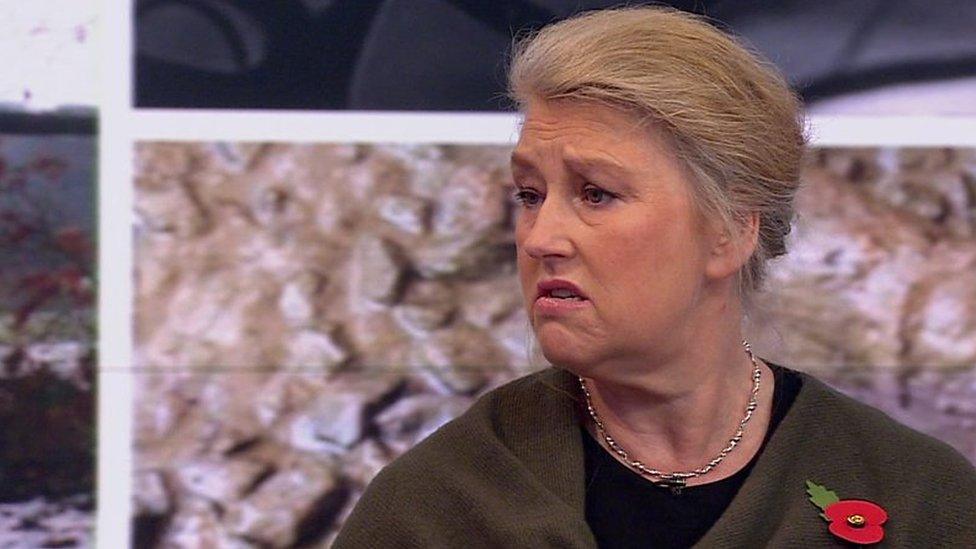Edith Thompson: Commission to re-examine hanged woman's case
- Published
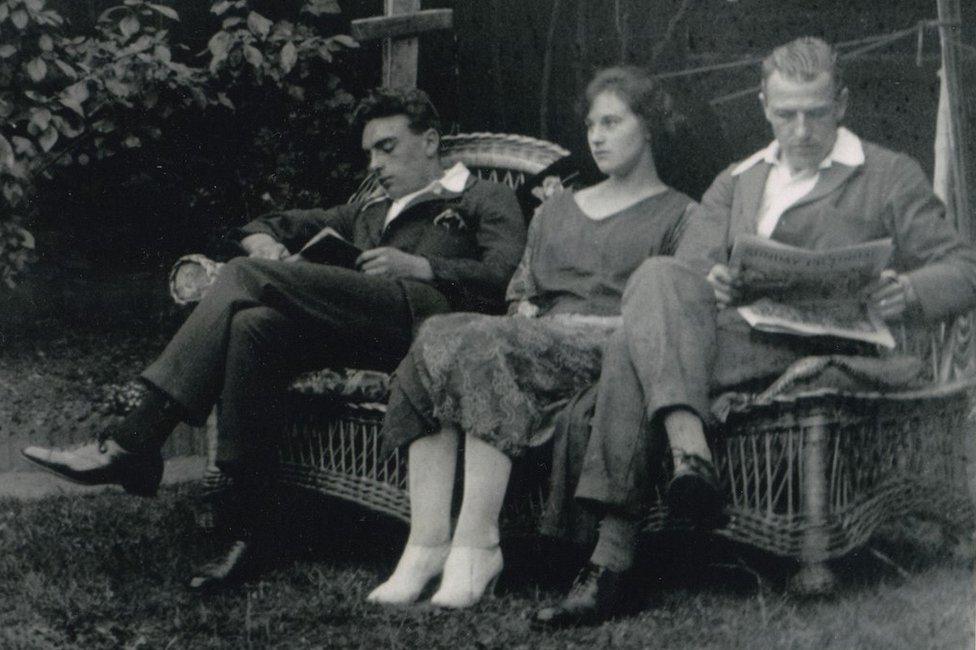
Freddy Bywaters (left), the lover of Edith Thompson, pictured with her and her husband Percy Thompson in the married couple's garden in east London
The case of a woman who was hanged 100 years ago for the murder of her husband is to be reviewed as a potential miscarriage of justice.
Edith Thompson, 29, was found guilty of murdering Percy Thompson, despite there being little evidence against her and the insistence of the killer - her lover - that she had no part in it.
The case has been referred to the Criminal Cases Review Commission.
A government spokesperson said it would "provide closure" to Edith's family.
Percy Thompson was stabbed in Ilford, east London, on 3 October 1922 by 20-year-old Frederick Bywaters as he and Edith made their way home from the theatre.
The case caused a huge sensation as letters written by Edith uncovered during the police investigation revealed an affair between her and the killer.
She was executed at Holloway Prison on 9 January 1923. She had to be carried to the gallows with her arms and ankles bound following days of injections of a powerful sedative.
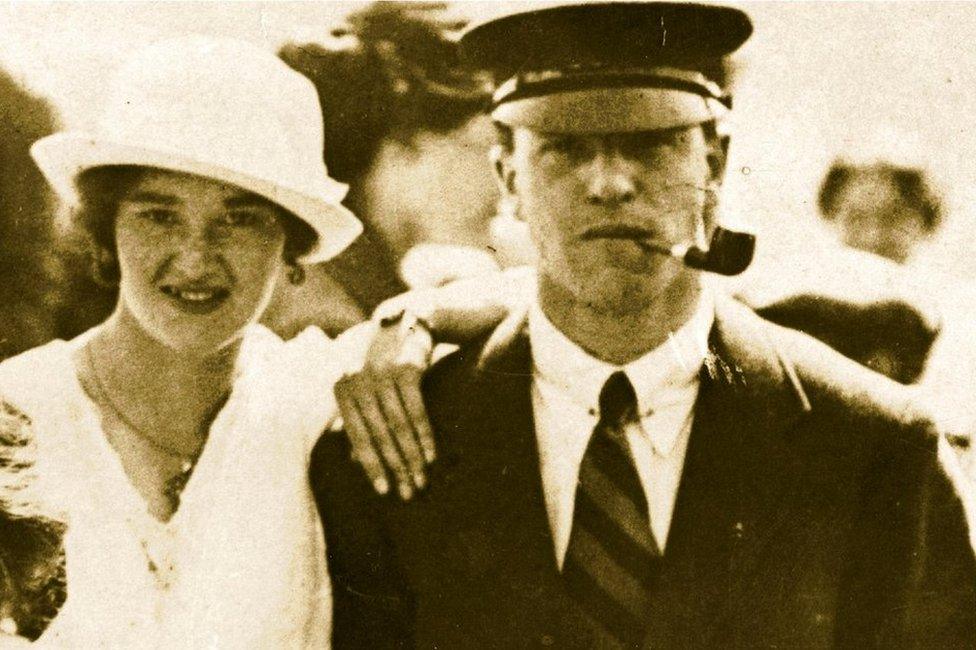
The Thompsons were returning from the theatre when the attack happened
An application for a posthumous pardon under the Royal Prerogative of Mercy was made by a City firm of solicitors in July on behalf of Prof René Weis, who was previously made Edith's heir and executor by her family.
It was initially rejected by Justice Secretary and Deputy Prime Minister Dominic Raab, but was looked at again after errors were pointed out in his ruling.
On Tuesday, a spokesperson for the Ministry of Justice (MoJ) said: "After careful consideration the deputy prime minister has referred this case to the Criminal Cases Review Commission (CCRC) to investigate any potential miscarriage of justice to provide closure to the family of Edith Thompson."
The CCRC is an independent body with special powers to request documents like police papers and secret materials to re-examine cases.
It was involved in cases such as the quashing of the conviction of Derek Bentley who was hanged for murder in 1953 and more recently in reinvestigating the Post Office scandal.
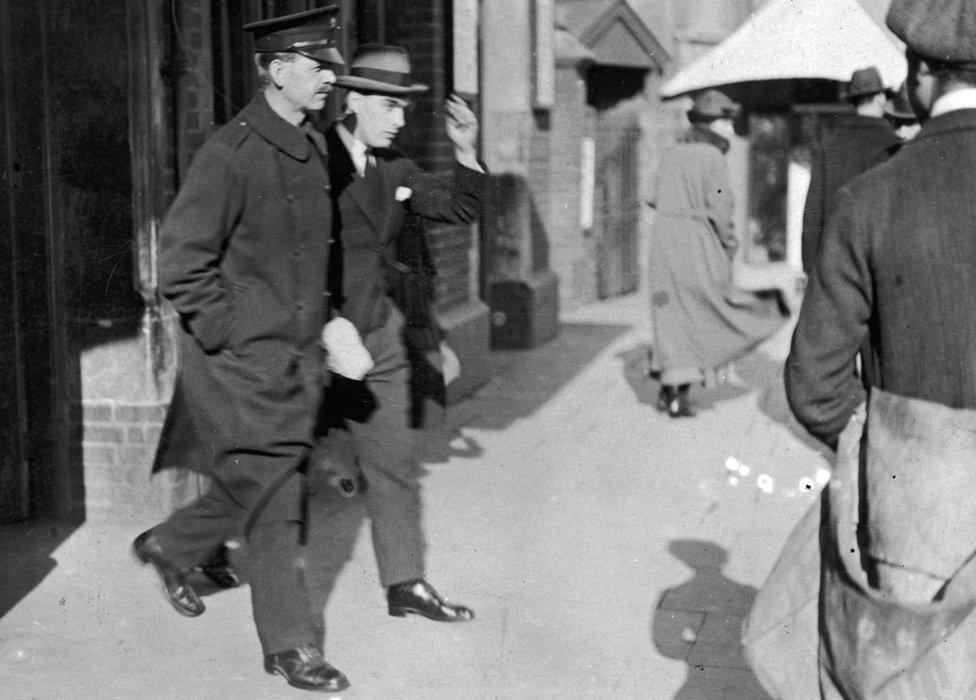
Freddy Bywaters, seen at Ilford police station, was arrested while visiting Edith's parents in Manor Park
In a letter to Prof Weis seen by the BBC, the MoJ said the referral would "allow a full investigation of your application to take place".
Prof Weis told the BBC he was "pleased that our case for Edith Thompson's innocence is being taken seriously at last, even if the wrong done to her can never be righted".
He added: "Edith Thompson was tried and found guilty for being a brilliant young woman from a modest background who had dared to trespass - trespass by cheating on her husband."
The CCRC is expected to take several months before concluding whether the case should be referred for appeal.

Follow BBC London on Facebook, external, Twitter , externaland Instagram, external. Send your story ideas to hellobbclondon@bbc.co.uk, external
- Published10 January 2023
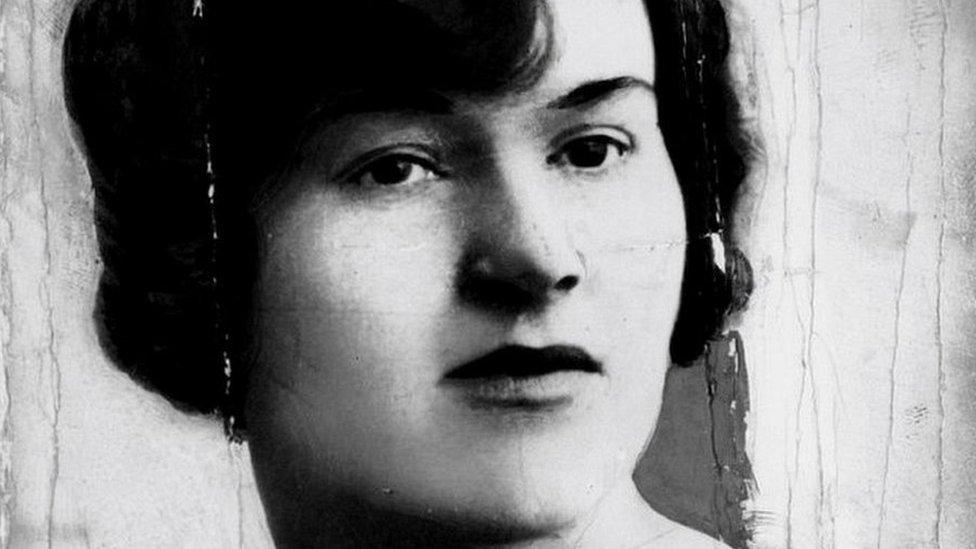
- Published9 January 2023
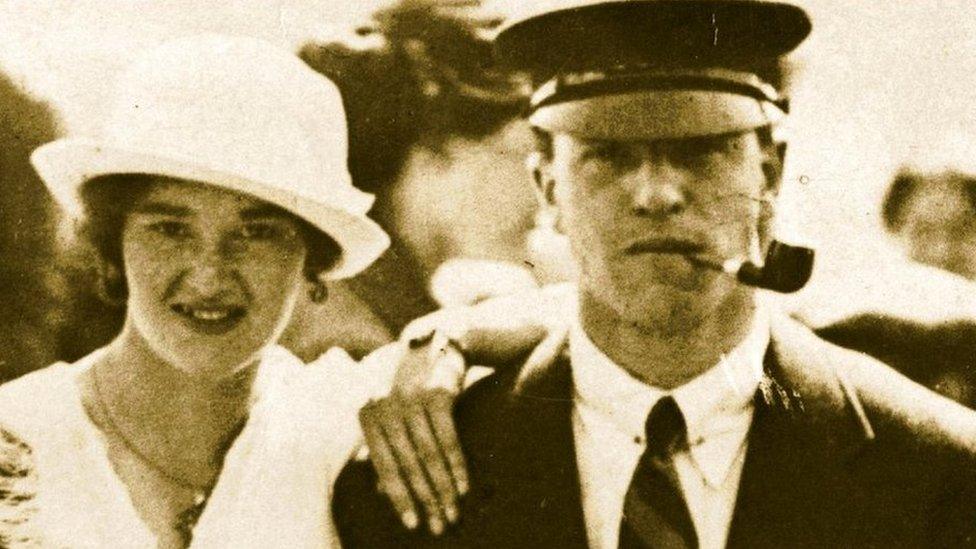
- Published9 November 2015
